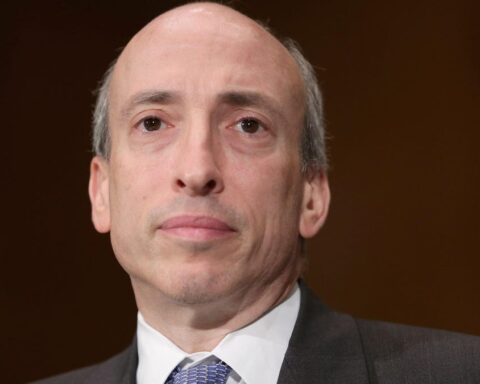Ethereum co-founder Vitalik Buterin has strongly criticized MicroStrategy founder Michael Saylor’s recent suggestion that crypto users should rely on big banks to custody Bitcoin.
In response to an Oct. 22 post by Casa’s chief security officer Jameson Lopp, who was advocating for self-custody, Buterin said, “I’ll happily say that I think Saylor’s comments are batshit insane.”
This criticism adds to the growing backlash against Saylor, who on Oct. 21 recommended that Bitcoin holders should trust “too big to fail” banks engineered to handle financial assets, a stance that seems to contradict his previous support for self-custody.
Buterin argued that Saylor appeared to be advocating for a form of “regulatory capture” to secure crypto, suggesting that investment firms like BlackRock and Fidelity could hold Bitcoin with backing from lawmakers and law enforcement.
He added, “There’s plenty of precedent for how this strategy can fail, and for me, it’s not what crypto is about.”
During an interview with financial reporter Madison Reidy, Saylor had also criticized “crypto-anarchists,” cautioning that unregulated entities that avoid government oversight, taxes, or reporting requirements could increase the risk of Bitcoin seizure.
The backlash against Saylor’s comments has been mounting.
Lopp emphasized the importance of self-custody for Bitcoin holders and for the strength of the network, stating, “It’s important for the continued strengthening and improvement of the entire network.”
On Oct. 22, ShapeShift founder Erik Voorhees joined the criticism, noting that the ability to withdraw Bitcoin into self-custody acts as a “check that prevents the centralization and corruption inevitable under any other arrangement.”
He further added, “For Saylor to so casually dismiss this fundamental precept is wholly inappropriate and deserves the backlash.”
In an earlier interview with Blockware analyst Joe Burnett, Saylor had argued in favor of centralized custodians for crypto.
This was just three weeks after the collapse of FTX, where users lost their Bitcoin left on the platform, as noted by Blockware in an Oct. 22 post.




